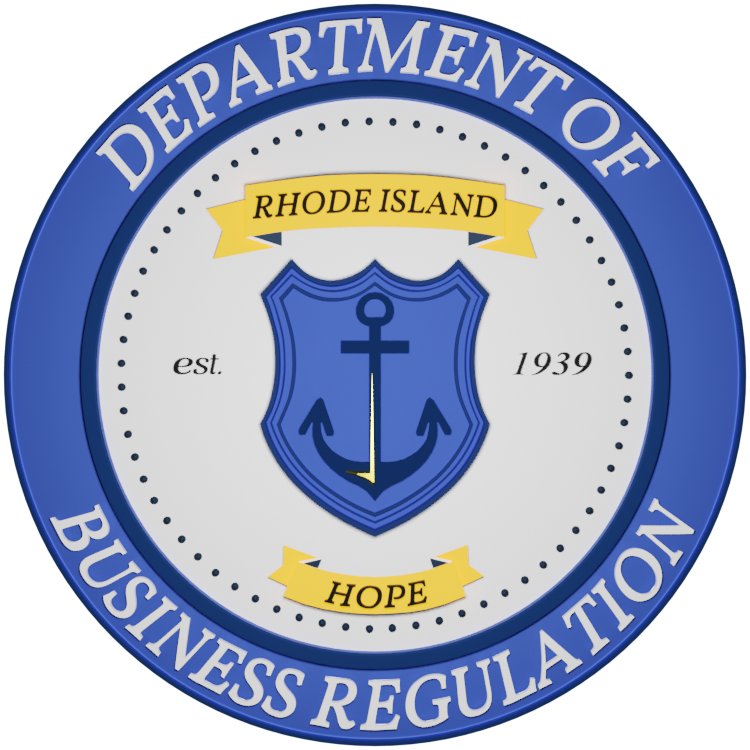Consumers - Consumer Information & Advice
Consumer Alert
Mortgage & Foreclosure Help
- Programs to Avoid Foreclosure
- Rhode Island Housing Help Center
- HUD Approved Counseling Agencies in Rhode Island
- Legal Help from Rhode Island Legal Services
General Consumer Advice
- Legal Help from National Association of Consumer Advocates
- National Consumer Complaint Database (Consumer Financial Protection Bureau)
- National Consumer Information Database (Federal Trade Commission)
- Helpful CFPB Article about Overdraft Fees
Helpful Tips to Avoid Overdraft Fees
- Sign up for automatic funds transfer: Instruct your bank or credit union to automatically transfer money from your savings or other accounts to your checking account to cover any shortages. Note: you may have to pay a fee for this service.
- Sign up for low-balance notices: Sign up for text or email notices from your bank or credit union if your checking account balance drops below a certain amount.
- Make sure funds are available: Make sure deposits into your checking account are actually available for your use before you spend that money. Note: review your bank or credit union’s “funds availability” policy.
- Take advantage of secure technology: Check your account balances online, by phone, or nearby ATM machine. Be wary of using public wifi or other potentially unsecure methods.
- Check all transactions on your statements: Carefully review your monthly account statements, looking for fraudulent transactions as well as taking into account any checks written and deposits made that may not appear until next month’s statement.
Rhode Island Laws about Deferred Deposits (“Payday Loans”)
Helpful Advice about “Payday Loans”
- How payday loans work: When you take out a payday loan, you provide a check to the check casher for the amount you are borrowing plus an initial fee. You also agree on a specific date when the check casher will be allowed to deposit your check. The minimum term before the deposit can be made by the check casher is 13 days. If you are unable to cover the deposit at the originally scheduled time, you can pay an additional fee to the check casher to defer/extend the deposit date. In Rhode Island, a payday loan can only be extended ONE time.
- You must receive a written agreement: A written agreement signed by the customer and check casher must state the total amount of fees charged in USD and as an Annual Percentage Rate or “APR”. It must also specify the date when the check casher is authorized to deposit your check. The agreement cannot allow the check casher to take collateral. You must be given a copy of this written agreement when the transaction takes place.
- Limits on payday loans in Rhode Island: The total number of checks that a single check casher can concurrently hold from a single customer is three. In addition, the total dollar amount that a single check casher can concurrently hold in outstanding checks from a single customer is limited to $500.
- Consider alternatives to payday loans: Look for small or low cost loans from a nearby credit union, small loan company, or community-based organization. You can also try contacting your creditors or a local consumer credit counseling service to adjust the terms of your debt repayment. Even if they charge a fee, it may be cheaper than taking out a payday loan to cover your shortfall.
